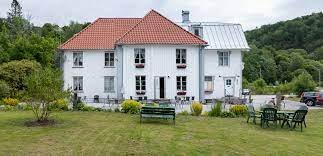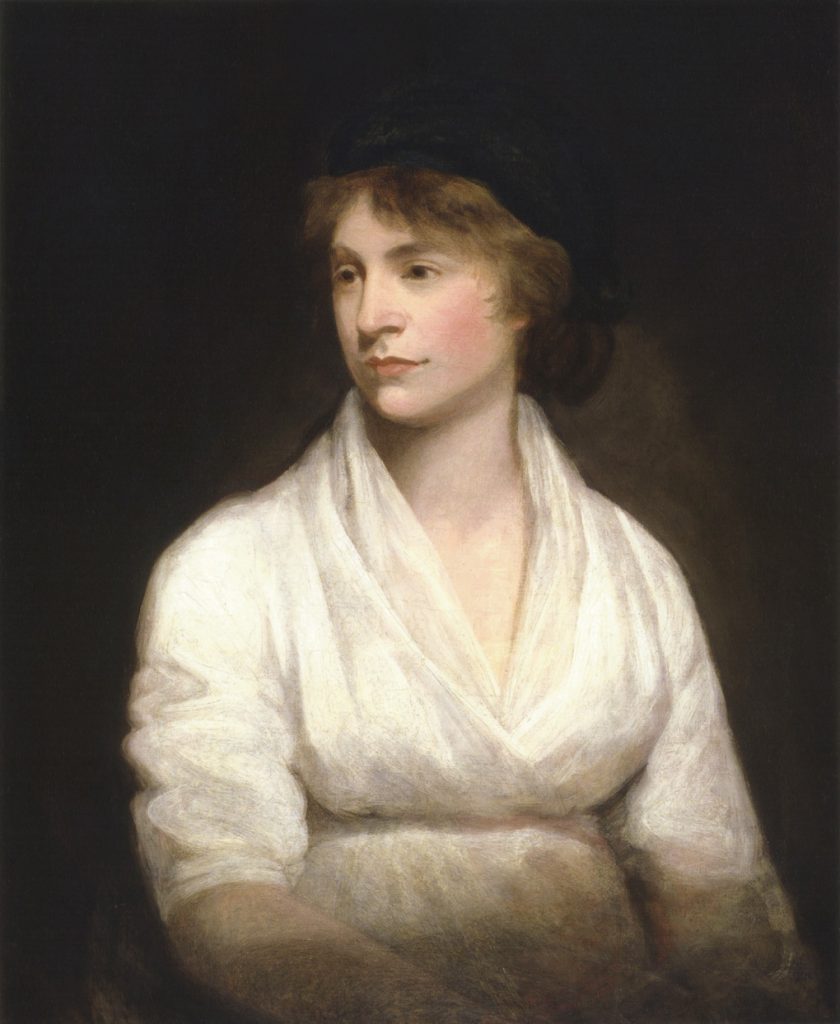Kvistrum vid Munkedal har ett av Bohusläns äldsta värdshus.
Det har funnits där sedan 1663, bara slaget med ett år av Tanums gästgiveri som är Bohusläns äldsta. Min förfader som startade Fars Hatt I Kungälv kvalar in som trea men först tjugo år senare. Bron var väldigt strategisk och kom att tänka på “slaget vid Kvistrum 1788” , kanske ett av dom kortaste , då svenskarna nästan gav upp direkt och skonade både bron och värdshuset. Efter en kort strid med norskarna slutade det hela med 6 döda norrmän och 5 svenskar. troligtvis gav man sig på grund av dålig strategi och normännens större styrka, men ryktet säger att Värdshusvärdinnan var så skön och att det påverkade den svenske härföraren att skona byggnaden och bron.
Även senare var denna plats strategiskt viktig, det var hit försvarsledningen och kungen skulle ta sig om Sverige invaderades, stora bergrum finns insprängda här I berget och vid Skredsvik.
Nu följer en reseskildring från när Mary Wollstonecraft från England besöker Kvistrum 1795.
Mary som var författare och kvinnosakskvinna, dessutom mor till Mary Shelley som skrev boken om Frankenstein. Här hur hon uppfattar Kvistrum på sin resa från Göteborg till Norge. En liten läsövning på engelska dessutom.
We arrived early the second evening at a little village called Quistram, where we had determined to pass the night, having been informed that we should not afterwards find a tolerable inn until we reached Stromstad.
Advancing towards Quistram, as the sun was beginning to decline, I was particularly impressed by the beauty of the situation. The road was on the declivity of a rocky mountain, slightly covered with a mossy herbage and vagrant firs. At the bottom, a river, straggling amongst the recesses of stone, was hastening forward to the ocean and its grey rocks, of which we had a prospect on the left; whilst on the right it stole peacefully forward into the meadows, losing itself in a thickly-wooded rising ground. As we drew near, the loveliest banks of wild flowers variegated the prospect, and promised to exhale odours to add to the sweetness of the air, the purity of which you could almost see, alas! not smell, for the putrefying herrings, which they use as manure, after the oil has been extracted, spread over the patches of earth, claimed by cultivation, destroyed every other.
It was intolerable, and entered with us into the inn, which was in other respects a charming retreat.
Whilst supper was preparing I crossed the bridge, and strolled by the river, listening to its murmurs. Approaching the bank, the beauty of which had attracted my attention in the carriage, I recognised many of my old acquaintance growing with great luxuriance.
Seated on it, I could not avoid noting an obvious remark. Sweden appeared to me the country in the world most proper to form the botanist and natural historian; every object seemed to remind me of the creation of things, of the first efforts of sportive nature. When a country arrives at a certain state of perfection, it looks as if it were made so; and curiosity is not excited. Besides, in social life too many objects occur for any to be distinctly observed by the generality of mankind; yet a contemplative man, or poet, in the country—I do not mean the country adjacent to cities—feels and sees what would escape vulgar eyes, and draws suitable inferences. This train of reflections might have led me further, in every sense of the word; but I could not escape from the detestable evaporation of the herrings, which poisoned all my pleasure.


